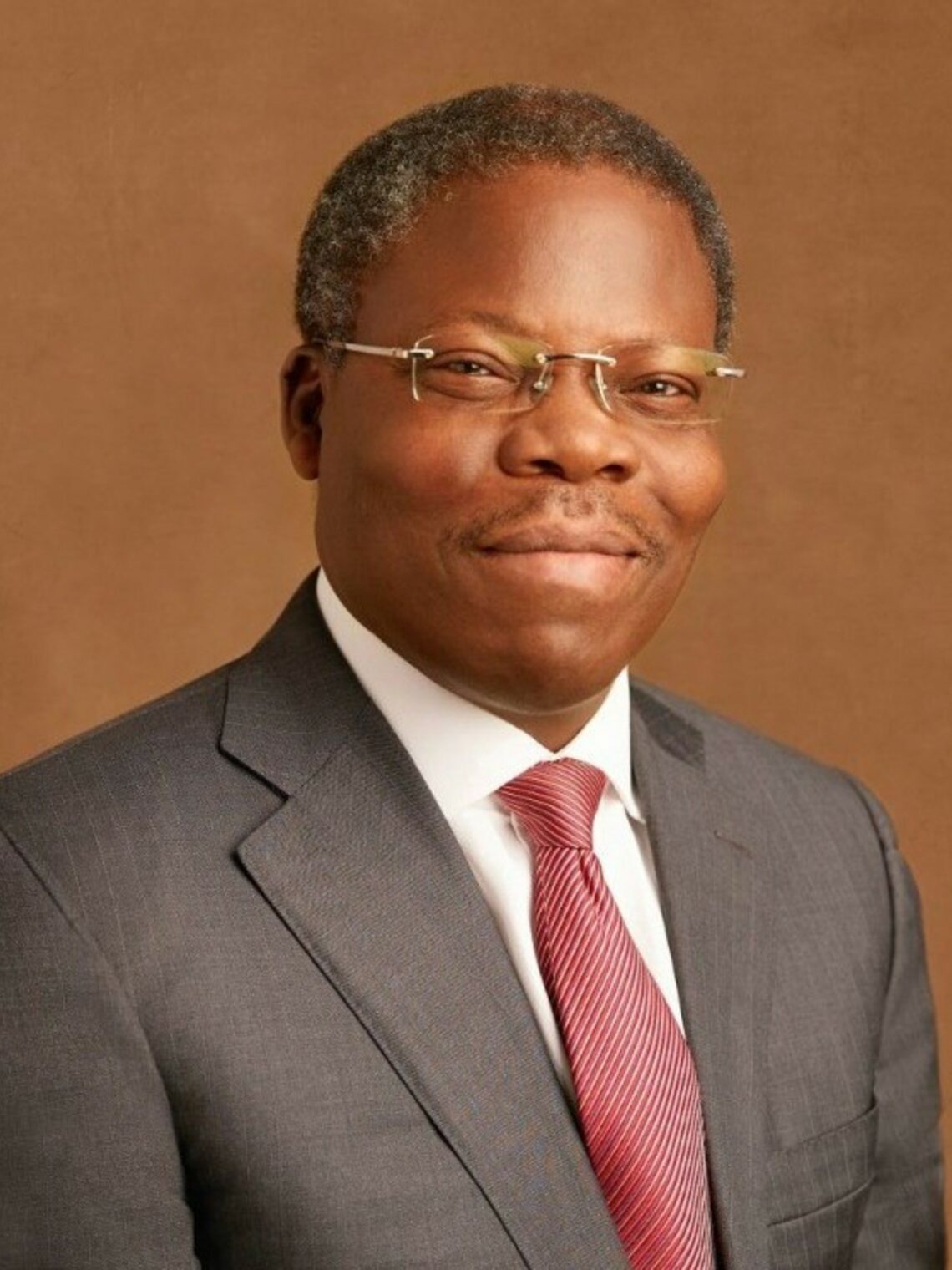The federal government has unveiled an ambitious target to raise Nigeria’s electricity generation capacity from the current 5,500 megawatts (MW) to 8,500MW within the next 12 to 18 months as part of ongoing efforts to stabilise and expand the national grid.
Director-general of the Bureau of Public Enterprises (BPE), Ayodeji Gbeleyi, disclosed this in Abuja at a senior leadership retreat organised for top executives of the newly-established Nigerian Independent System Operator (NISO).
Gbeleyi, who noted that Nigeria’s power generation presently averages about 5,500MW daily, said the target represents a 50 per cent increase that is both realistic and urgent.
“Where we stand today, we have about 5,500MW of power being wheeled on a day-to-day basis. Compare that with the fact that the total nameplate capacity for generation in the country is a bit above 14,000MW.
“So it is not a tall order for us to believe that in the near term—12 to 18 months—we can scale up capacity, to probably increase that 5,500 by a minimum of 50 percent,”he said.
The BPE DG said the projected ramp-up is tied to critical improvements in transmission efficiency and system reliability—areas where NISO is expected to play a defining role.
“I do hope most sincerely that when we come back here 12 months from now, that generation capacity, based on the efficiency of the transmission grid, will be somewhere around 7,500 to 8,500MW. We must move from where we are within the next 12 months
“That’s the charge, and NISO is expected to play a strategic role in achieving this,”Gbeleyi declared.
Speaking at the event, Adesegun Akin-Olugbade, Chairman of the board of directors of NISO, said the formation of the new system operator following the unbundling of the Transmission Company of Nigeria (TCN) marked a pivotal moment in the country’s power sector transformation.
“The unbundling of TCN and the birth of NISO is not just administrative. It is historic,” Akin-Olugbade said.
He said the Electricity Act (Amended) 2023 provided the legal foundation and structure that had long been awaited by sector stakeholders.
“The Electricity Act gave us not just a law but a lifeline. It gave structure to long-standing sector expectations. Now, the ball is in our court to play.”
According to him, NISO is not just a new institution but a new concept—one that embodies independence, neutrality, and strategic leadership in grid operations.
“A system operator that is truly independent; a market coordinator that is truly neutral; and a planning authority that is truly strategic,” he said.
He emphasised that NISO’s core responsibilities—real-time grid operations, long-term system planning, and coordination of electricity market development—were not peripheral tasks but “central pillars to improving Nigeria’s electricity delivery.”





